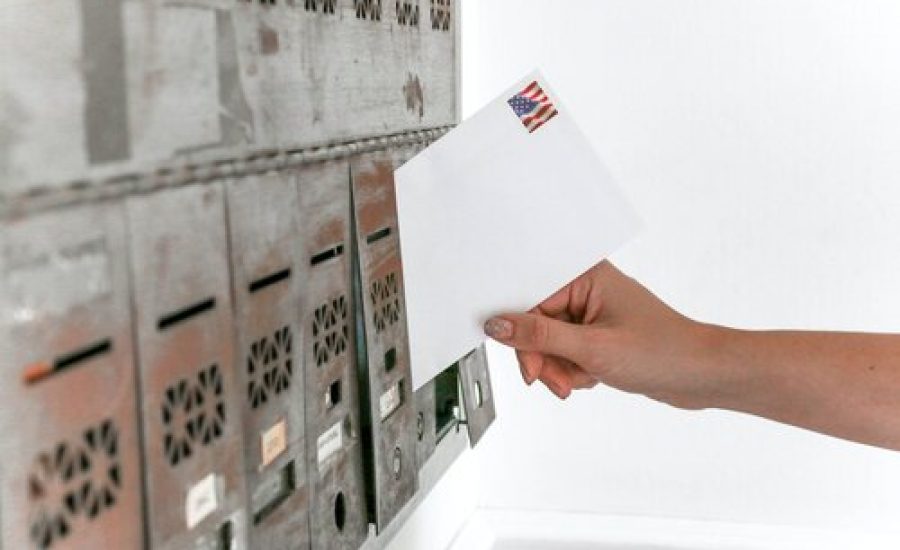States are implementing new voting policies in light of the pandemic, increasing the opportunities for people to vote by mail, or by absentee voting. Some states require absentee voters to submit additional forms of verification, such as a copy of a photo ID and signatures of witnesses or a notary.
Given that health officials recommend social distancing during the COVID-19 pandemic, voters brought lawsuits against several states’ witnessing/notarizing requirements. Federal appeals courts agreed with voters in two states, Alabama and Rhode Island, ruling against the states’ witnessing/notarizing requirements.
In each case, supporters of the witnessing requirements applied to the Supreme Court asking for an emergency order that would allow the state to keep the requirements. In the case arising from Alabama, the Secretary of State and the State of Alabama itself filed the Supreme Court application for relief. In Rhode Island, it was the Republican National Committee and the Republican Party of Rhode Island who filed with the High Court.
The Supreme Court treated the two cases differently based on who filed the applications. In the case out of Alabama, the Court granted the emergency stay, reinstituting the witnessing requirements. However, in the case from Rhode Island, the Court rejected the application for a stay, noting that it would not follow the Alabama ruling because the requesting parties (the Republication National Committee and Rhode Island Republican Party) did not have the same interests in defending the laws of the state as the state itself would have.
Read more at SCOTUSblog.


